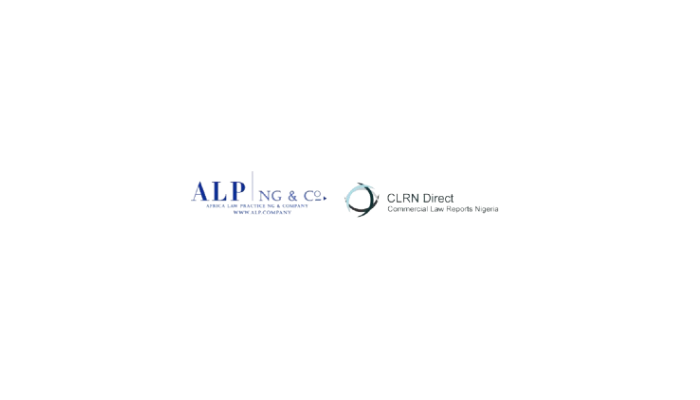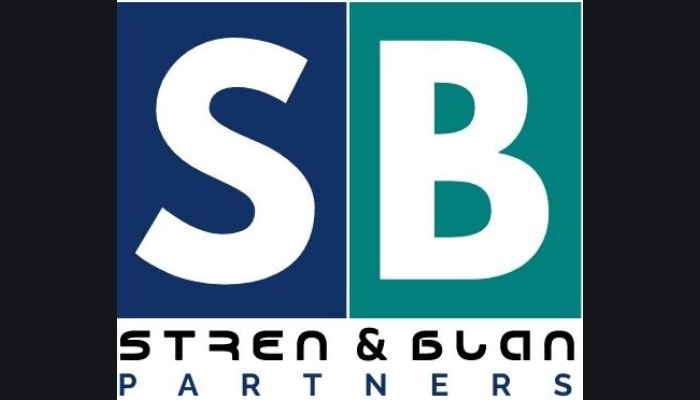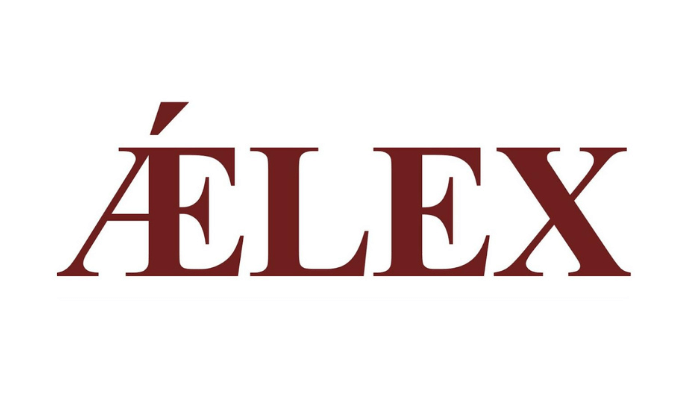ADCEM PHARMACEUTICALS LTD v. FRESENIUS MEDICAL CARE DEUTSCHULAND GMBH
HIGH COURT
(LAGOS DIVISION)
(ATINUKE IPAYE, FICMC)
FACTS
Adcem Pharmaceuticals Ltd (the Applicant) entered into a non-exclusive distribution agreement with Fresenius Medical Care Deutschland GMBH (the Respondent) for the purchase and distribution of medical equipment and disposable products in Nigeria. The agreement was initially for a fixed period of two years, renewable by mutual consent, and was subsequently renewed by the parties upon the expiration of each term. Pursuant to its terms, the Respondent supplied the products to the Applicant, who in turn received invoices reflecting the purchase prices of the goods supplied. Payments were made on several of these invoices, but an outstanding balance of USD 922,512.62 remained unpaid as at the material time.
The Applicant alleged that due to the continuous devaluation of the Nigerian Naira and the volatility in the foreign exchange rate, it faced serious financial difficulties, which occasioned a delay in the full settlement of the invoices. Nonetheless, the Applicant emphasised its commitment to fulfilling its financial obligations and sustaining the long-standing commercial relationship between the parties, which had endured for more than three decades. Over this period, the Applicant asserted, it had consistently provided valuable services to the Respondent, significantly enhancing the latter’s market presence, reputation, and profitability within Nigeria’s dialysis sector, where the Applicant maintained a dominant position as distributor.
Acknowledging its indebtedness, the Applicant entered into settlement discussions with the Respondent. As part of these negotiations, the Applicant proposed structured repayment plans, which were duly communicated, supported by documentary evidence, and accompanied by part-payments made in good faith. It was the Applicant’s expectation that, consistent with the parties’ established practice and long history of cooperation, the Respondent would accept its repayment proposals and preserve their mutually beneficial business relationship. However, while discussions were still ongoing and without concluding negotiations, the Respondent unexpectedly commenced arbitration proceedings before the Deutsche Institution für Schiedsgerichtsbarkeit (DIS), the German Institute of Arbitration, and served a request for arbitration on the Applicant.
In reaction to the Respondent’s request for arbitration, the Applicant approached the Nigerian court, seeking a declaration that the notice of arbitration was incompetent and premature, arguing that there was, in fact, no live dispute capable of reference to arbitration. One of the issues submitted for determination was: Whether an arbitrable dispute had arisen between the parties so as to justify the activation of the arbitration clause contained in their agreement.
ARGUMENTS
Learned Silk for the Applicant argued that the foundation of arbitration is the existence of a genuine dispute between parties to an agreement. He submitted that in the present case, there is no dispute within the meaning of the law because the Applicant has at all material times admitted its indebtedness to the Respondent. He explained that the Applicant has not denied liability, nor has it raised any issue of fact or law as to the debt owed. Instead, the Applicant has consistently acknowledged the outstanding sum and has, in good faith, proposed structured repayment plans and even made part-payments towards liquidation of the debt. Learned senior counsel stressed that arbitration is a consensual process designed to resolve genuine controversies between parties, not to be employed as a mechanism for debt recovery in circumstances where liability is undisputed. He argued that the invocation of the arbitration clause in such a context would amount to a distortion of the spirit and purpose of the agreement, as the clause could not be triggered in the absence of a bona fide dispute
Learned Silk further submitted that the Respondent’s decision to resort to arbitration in these circumstances amounted to a misuse of process and an abuse of the parties’ agreement. According to him, by initiating arbitration despite the absence of any genuine controversy or disagreement between the parties, the Respondent was attempting to convert an admitted debt into an artificial dispute where none truly existed. He explained that such a step was inconsistent with the spirit and intention of the contractual provisions governing their relationship and constituted an improper use of the arbitral process. Learned Silk maintained that the Respondent’s action was unnecessary, unwarranted, and contrary to the understanding reached between the parties regarding the settlement of the outstanding indebtedness. He therefore urged the Court to hold that the arbitration clause had not been validly invoked, since no arbitrable dispute had arisen between the parties.
In response, learned counsel for the Respondent contended that the parties’ long-standing commercial relationship was governed by a written agreement which expressly provided for arbitration in the event of any dispute. He maintained that a dispute had indeed arisen between the parties concerning the outstanding trade debt, and he pointed out that the Applicant itself had previously acknowledged the existence of such a dispute in the course of their correspondence. Counsel further submitted that the Respondent was merely exercising its contractual right to refer the matter to arbitration and that steps had already been taken to commence arbitration in line with the contractual agreement before the Applicant instituted the present action in court.
Learned counsel emphasised that the Respondent’s actions were consistent with the terms of the distribution agreement freely executed by both parties, and that by filing the request for arbitration, the Respondent had simply followed the procedure mutually agreed upon for the resolution of disputes arising from the contractual relationship. Counsel also noted that the correspondence exchanged between the parties clearly indicated areas of disagreement on the debt, particularly regarding payment timelines and fulfilment of contractual obligations, which in his view constituted sufficient grounds to activate the arbitration clause. He submitted that the Respondent had at all times acted in good faith by resorting to arbitration in accordance with the agreement, and that the commencement of arbitral proceedings was not premature but a necessary and proper step in ensuring that the dispute was resolved through the mechanism chosen by the parties. On this basis, he urged the Court to recognise that a dispute existed between the parties and to allow the arbitral process to run its course.
DECISION OF THE COURT
In resolving this issue, the High Court held that:
Where a party has clearly and unequivocally admitted indebtedness or liability, even if no payment has been made, the matter ceases to be a dispute capable of resolution by arbitration. The Court added that arbitration is intended to resolve genuine disputes and not to serve as a mechanism for debt recovery. Once liability is unequivocally acknowledged, the matter ceases to qualify as a dispute capable of reference to arbitration.
Furthermore, the High Court held that the Applicant had at all times admitted its indebtedness to the Respondent, made part-payments, and proposed structured repayment plans. There was therefore no conflict of facts or law between the parties on the issue of liability. The mere reference to the matter as a dispute in correspondence did not transform the admitted debt into an arbitrable controversy, since the substance of the communication revealed continuous negotiation, not contention. The Court reasoned that to hold otherwise would be to elevate form over substance and permit parties to manufacture disputes where none truly exist. Having admitted liability for the ensuing trade debt, the proper step open to the Respondent was to commence a debt recovery action summarily, either in Germany under the governing law or in Nigeria under the applicable jurisdiction, rather than invoke an arbitral process meant for genuine disputes.
Issue resolved in favour of the Applicant.
Olasupo Shasore, SAN, Ibukun Fasoro Esq., Melchizedec Anselm, Esq., and E. Aladegbaye, Esq., for the Applicant.
Falodun Arifayan, Esq., for the Respondent
This summary is fully reported at (2025) 9 CLRN in association with ALP NG & Co.
See www.clrndirect.com ; www.alp.company.










